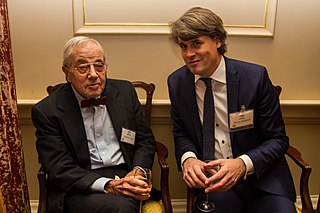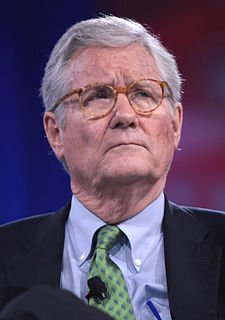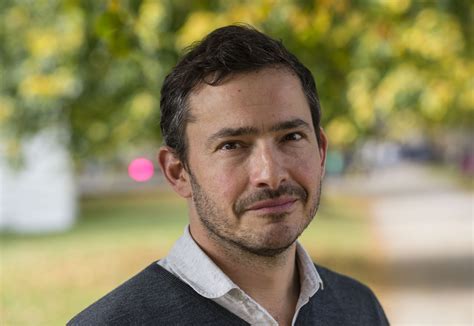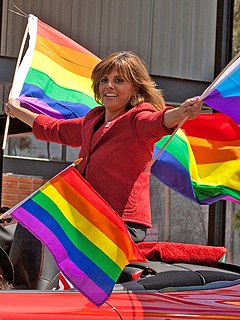A Quote by Irving Kristol
People need religion. It's a vehicle for a moral tradition. A crucial role. Nothing can take its place.
Related Quotes
What is literary tradition? What is a classic? What is a canonical view of tradition? How are canons of accepted classics formed,and how are they unformed? I think that all these quite traditional questions can take one simplistic but still dialectical question as their summing up: do we choose tradition or does it choose us, and why is it necessary that a choosing take place, or a being chosen? What happens if one tries to write, or to teach, or to think, or even to read without the sense of a tradition? Why, nothing at all happens, just nothing.
I remain a religious agnostic, but, unlike most atheists, I not only am not hostile to traditional religion but consider it a highly valuable, not to say essential, social institution... I am convinced that the moral regeneration and repair of a frayed social fabric that this country so badly needs will not take place unless more people take their religion seriously.
We do not need more material development, we need more spiritual development. We do not need more intellectual power, we need more moral power. We do not need more knowledge, we need more character. We do not need more government, we need more culture. We do not need more law, we need more religion. We do not need more of the things that are seen, we need more of the things that are unseen. It is on that side of life that it is desirable to put the emphasis at the present time. If that side be strengthened, the other side will take care of itself.
I look at the most promising putative moral theories. I construct crucial thought experiments in areas where they give conflicting advice. I confront their conflicting advice with my own moral sensitivity, my moral intuition. I take the theory that can best explain the content of my intuitions as gaining inductive support through an inference to the best explanation.
Many people assert that this abandonment of the god hypothesis means the abandonment of all religion and all moral sanctions. This is simply not true. But it does mean, once our relief at jettisoning an outdated piece of ideological furniture is over, that we must construct something to take its place.
For most people, religion is nothing more than a substitute for a malfunctioning brain. If people need religion, ignore them and maybe they will ignore you, and you can go on with your life. It wasn't until I was beginning to do Star Trek that the subject of religion arose. What brought it up was that people were saying that I would have a chaplain on board the Enterprise. I replied, "No, we don't.
All great spirituality teaches about letting go of what you don’t need and who you are not. Then, when you can get little enough and naked enough and poor enough, you’ll find that the little place where you really are is ironically more than enough and is all that you need. At that place, you will have nothing to prove to anybody and nothing to protect. That place is called freedom. It’s the freedom of the children of God. Such people can connect with everybody. They don’t feel the need to eliminate anybody . . .
If religion is the opiate of the people, tradition is an even more sinister analgesic, simply because it rarely appears sinister. If religion is a tight band, a throbbing vein, and a needle, tradition is a far homelier concoction: poppy seeds ground into tea; a sweet cocoa drink laced with cocaine; the kind of thing your grandmother might have made.
I think religion has often played a very positive role. Take western civilization, the Catholic Church has played an honorable role in helping those in need. In contrast, the US carried out a virtual war against the church in central America in the 1980's primarily because prime elements in the church were working with great courage and honor to help those in need. And to organize them to help themselves.



































